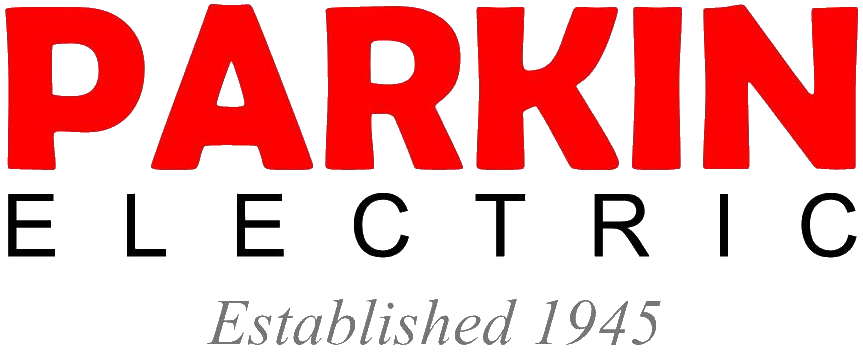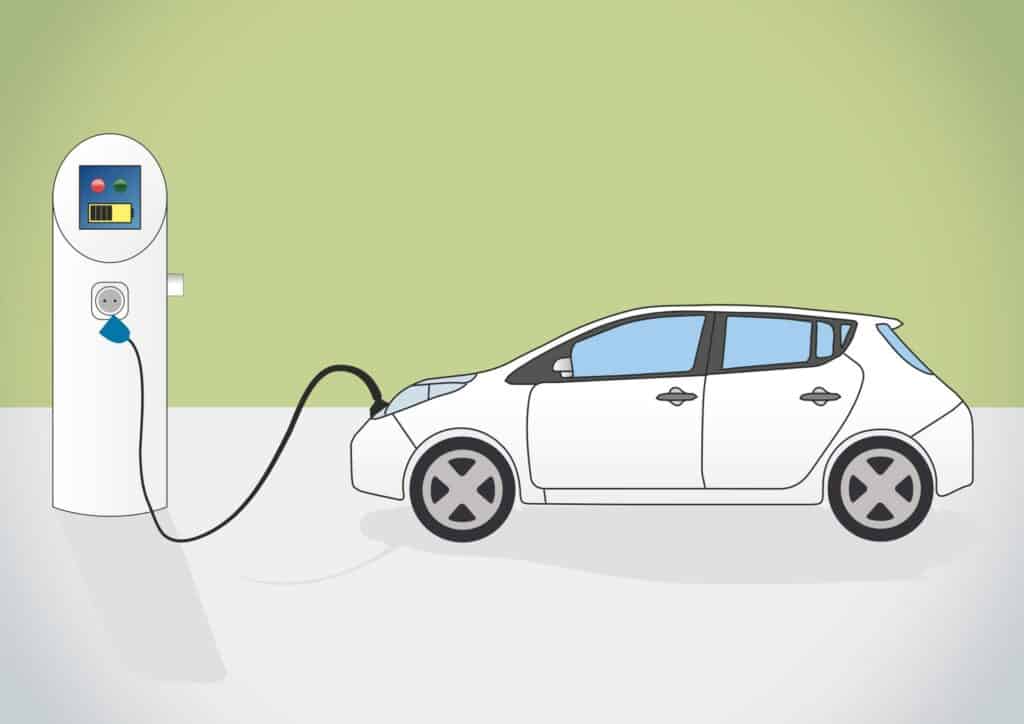According to the Department of Energy, nearly 80% of EV charging happens at home. Yet, many homeowners wonder about the total cost of an electric vehicle charger installation.
From equipment expenses to labor and potential electrical upgrades, understanding the full breakdown can help you save money in the long run.
Join us as we look into the various factors that contribute to the cost of installing a home EV charger, including the types of chargers, installation requirements, and available rebates.
Types of EV Chargers and Their Costs
When considering an electric vehicle charger installation, it’s helpful to understand the different types of chargers available.
A Level 1 charger typically comes with most electric vehicles. It uses a standard 120-volt outlet and provides a slower charge. It’s the least expensive since there’s no need for special equipment or professional installation.
But it can take over 24 hours to fully charge a vehicle, making it a less convenient option for those who drive frequently or long distances. For those with light driving needs, this may still be a reasonable option.
Level 2 Charger: Faster but More Expensive
Level 2 chargers are much quicker, charging a vehicle in a fraction of the time compared to Level 1. They require a 240-volt outlet, which often means hiring an electrician for installation.
The cost of a Level 2 charger can range from $300 to over $1,000 depending on the brand and features. The upfront expense is higher, but the convenience of faster charging often makes it worth the investment for regular drivers.
Home Electrical Requirements for EV Charger Installation
Installing an EV charger at home often involves more than just buying the equipment. Homeowners need to make sure their electrical system can handle the extra load, especially if they’re opting for a Level 2 charger.
Electrical Panel Capacity
One of the first things to check is whether your home’s electrical panel has enough capacity to support an EV charger. Many older homes weren’t built to handle the high power demands of modern appliances, let alone a 240-volt Level 2 charger.
If your panel doesn’t have the capacity, you’ll likely need to upgrade it. It can add several hundred dollars to the installation cost.
Level 1 vs. Level 2 Requirements
Level 1 chargers use a standard 120-volt outlet, which doesn’t typically require any major electrical changes. But Level 2 chargers need a dedicated 240-volt circuit. This usually requires some rewiring or the installation of a new circuit, both of which can increase the total cost of installation.
Upgrading Costs
If an upgrade is required, the cost can vary based on the complexity of the work and the existing condition of your electrical system. In some cases, minor adjustments are enough, while other homes may need a more extensive upgrade. It’s best to get an estimate from a licensed electrician to know what you’ll be facing financially.
Labor Costs for Home EV Charger Installation
When planning to install an EV charger at home, it’s important to account for the labor costs involved. Hiring a professional electrician is usually necessary to ensure the installation is done safely and correctly.
There are a few main factors that affect how much you’ll pay for labor:
- The complexity of the installation
- The electrician’s rates in your area
- Time required for the job
Residential EV Charger Setup: Complexity of the Installation
The complexity of your installation depends on whether you’re installing a Level 1 or Level 2 charger. For a Level 1 charger, the job is usually simple, as it often requires just plugging into a standard outlet.
On the other hand, installing a Level 2 charger involves running a dedicated 240-volt circuit. It’s a more complicated process, especially if your electrical panel is far from where the charger will be placed or if new wiring needs to be added.
Electrician’s Rates in Your Area
Electricians typically charge by the hour, and rates can vary depending on where you live. In urban areas, rates are often higher due to demand. It’s always a good idea to get multiple quotes to find the most reasonable price for your installation.
Time Required for the Job
A basic installation may take only a few hours, while a more complex one could take up to a full day. The longer the job takes, the more you’ll end up paying in labor costs. Be prepared to discuss the scope of the project with your electrician ahead of time to avoid any surprises in the final bill.
Long-term Savings from EV Charging Station Installation
One of the main benefits of installing a home EV charger is the potential for long-term savings. By charging at home, electric vehicle owners can avoid the higher costs of public charging stations.
Home electricity rates are often much cheaper than the rates at public charging stations. Charging your EV at home, especially during off-peak hours, can significantly reduce the overall cost of powering your vehicle. It’s especially true if your utility company offers lower rates during certain times of the day.
Savings on Fuel Expenses
Electricity is generally less expensive than gasoline or diesel. Over time, the savings from not having to fill up at a gas station can add up. For drivers who use their car daily, the cost difference becomes even more noticeable, allowing them to save hundreds of dollars annually.
Reduced Wear and Tear
Charging your vehicle at home can lead to more consistent charging habits. Regular, controlled charging can be easier on the battery, extending its life and reducing the need for expensive replacements. It can lead to lower maintenance costs in the long run.
Electric Vehicle Charger Installation
Electric vehicle charger installation at home offers significant long-term benefits. By understanding the costs involved and taking advantage of incentives, homeowners can make an informed decision. Installing a charger provides both convenience and savings, making it a worthwhile investment for any electric vehicle owner.
At Parkin Electric, we’re a third generation company that is proud to service the electrical needs of homes, businesses, and more. We believe in developing strong relationships with our employees, our vendors, and our customers. That’s why we we have so much business from repeat customers and referrals!
Get in touch today to find out how we can help with your EV charger installation.

